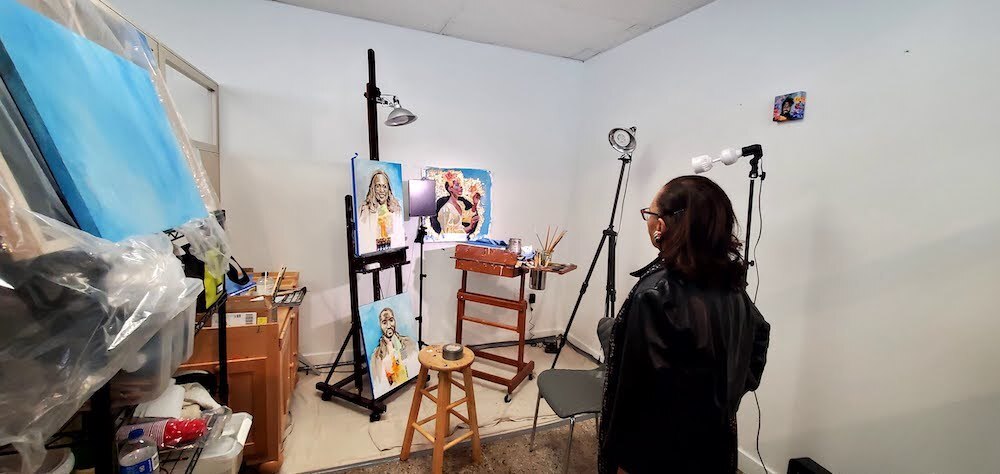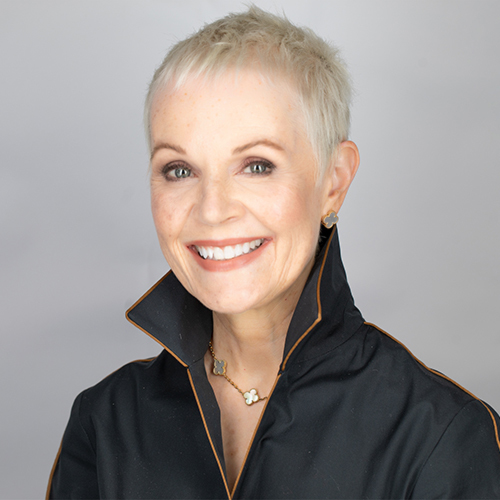
Revolving loan programs targeted to historic resources were developed about fifty years ago; the first is usually attributed to the Historic Savannah Foundation. While there are variations, revolving loan programs are usually seeded by a bank or individual donors. Typically, the loans are used to fund predevelopment and construction costs, and other costs that are not funded by more traditional lenders such as banks. Like any other loan, revolving loans are paid back over a specified period of time. Fees and interest charges are usually lower than those charged by commercial banks. The proceeds from the repayment of these loans goes to fund new loans for more preservation projects.
Other early loan programs were established by Pittsburgh History and Landmarks Foundation, Preservation Maryland, and Providence Revolving Fund. Each of these revolving fund entities had a profound impact on the revitalization of historic neighborhoods and were the catalyst for broader rehabilitation efforts, as well as displacement of some residents.
As a result of the consequences of past lending practices, some of these organizations and others have begun to focus attention on historically excluded communities. For example, the Providence Revolving Fund (PRF) currently has three funding pools:
- Our Neighborhood Loan Fund provides financing to homeowners for the repair of properties in low- and moderate-income historic districts.
- The Opportunity Investment Fund provides financing for development projects that have an affordable housing component targeting incomes at 60% to 140% of area median income and/or are in low- and moderate-income neighborhoods
- Commercial Corridors Fund provides small loans to micro-businesses located on or near commercial corridors in Providence.
Locally, Landmarks Illinois created its Reinvestment Program Loan Fund (RPLF), which made its first loan in February 2022, with a grant from the 1772 Foundation and other private donors. The Greater Chatham Initiative (GCI) received a loan to help finance the preservation of a South Side building at 735 East 79th Street. GCI is a nonprofit organization charged with developing and driving the implementation of a comprehensive strategy to revitalize the Chatham, Auburn Gresham, Avalon Park, and Greater Grand Crossing neighborhoods on Chicago’s South Side. The loan funded historic storefront repairs in the Chatham-Greater Grand Crossing Commercial Historic District where GCI recently opened its “Artists on the 9” co-working space and gallery. The loan was used to bridge funds coming from the City of Chicago that were not available at the start of construction. The loan will be paid back when the city’s funding is available.

RPLF loans provide up to $150,000 per project to preservation initiatives in Illinois where traditional financing is either difficult to obtain or unavailable. The goal of this loan is to provide accessible funding and lending terms to preservation projects that may be unable to attain conventional financing. Landmarks Illinois also hopes it provides economic opportunities in Illinois communities and sparks future investments in historic places across the state. Eligible uses for RPLF loans include the following:
- Predevelopment costs, including but not limited to, site surveys and studies, design, and financial services
- Construction costs
- Operating loans when necessary to open or support a business in an older and historic properties
The RPLF is an important tool for Landmarks Illinois to augment its preservation program, which already includes preservation easements, small grants, and technical assistance. The revolving loan fund will not only help to save buildings in Chicago and across the state. It will help to create spaces for businesses and activities like Artists on the 9, which is a beautiful maker space, gallery, and community gathering area. Every neighborhood in Chicago and town across Illinois needs space for people to work and gather and Landmarks Illinois is doing its part to make this happen.
For more information on the RPLF: Landmarks Illinois Reinvestment Program | Landmarks Illinois


